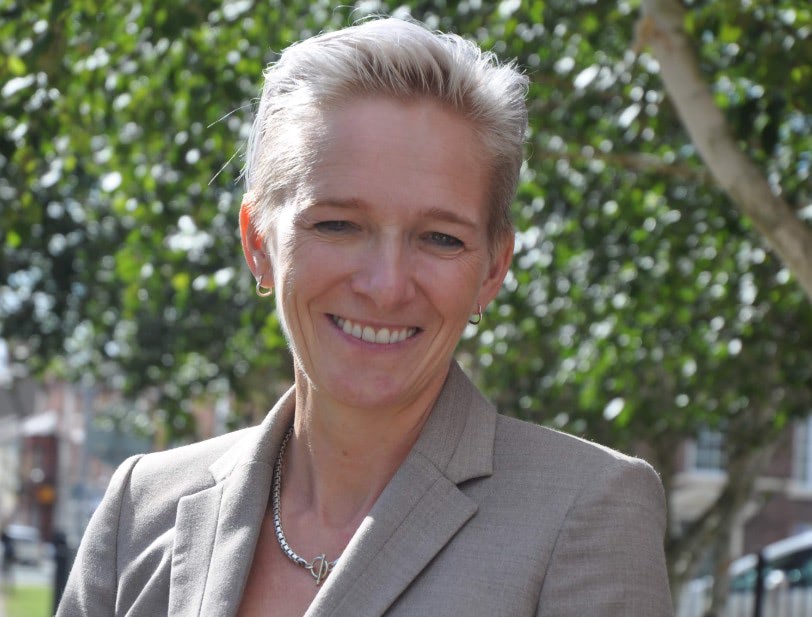Civic driven leadership: the importance of collaboration

I have always upheld the view that in education – particularly the FE sector – leaders should endeavour to do the right thing, put their local communities and employers first, treat their staff with kindness and respect and work in partnership to achieve this.
Collaboration and civic duty focus the mind on what really matters to the students, apprentices, employers and parents who look to the local college for support and guidance, careers advice and opportunities. It ensures curriculum design is derived from a genuine understanding of what is needed, what will help and what will make regions prosper. A college must be agile to change rapidly to demands, acting proactively and communicating clearly and honestly and what it is doing.
Having worked in both the English and Welsh sectors it is easy to see how system changes at a national level can support this. In England, the ability to develop local, career-focused technical higher education provision addressed the issues of upskilling and reskilling local people in local jobs. This enables colleges to help people progress in their careers, whilst delivering full time 14-16 provision provides real opportunity for those students who found some of the constraints of school had a negative impact on their education.
In Wales, the consolidation of colleges means they focus on delivering what is important to their local communities rather than competing for enrolments. Regular access to different income streams support projects at pace so that local and national issues such as mental health can be quickly addressed to offer targeted support.
COVID-19 will have an impact on the whole education system and the traditional structure of the year. It will also have an effect on mental health. It will lead to businesses closing and inspire new businesses to open. It will change attitudes. And it will require people to reskill and upskill.
Colleges cannot simply look at what they used to do and modify it. They need to be proactively looking to the future, to be a better version of themselves. As a result of our historic battle to use finite resources to support people who need us most, we find ourselves in a perfect position for us to respond to the education and skills fallout from the pandemic.
Collaboration and local investment will undoubtably be our starting points, working together with our voluntary, public, employer and educational partners to support people of all ages and backgrounds to provide the solutions to their problems. This will not just be noticeable now but will have an impact on people’s lives and behaviours for many months and years to come.
Fundamentally, we need to take a partnership approach. This will allow us to see where the best practice is, taking those ideas and applying our own enabling culture. The better we respond to showing our ‘can do’ attitude the more those who doubted us will look to us for support, advice and problem solving.
This often happens despite the systems we operate in, not because of them. Yet, now of all times, it should be irrelevant which of the four nations a college sits in, what limitations the unique funding system has and what strategies foresaw. This is about leaders getting into local and regional communities, understanding the challenges, tackling the concerns and the barriers, and offering solutions. Something the college sector has always been brilliant at.
It is clear from the current situation how vital the public sector, communities, kindness, support and compassion have all been, and how they are seen as the cornerstones of what is helping people navigate this situation.
My view is that colleges can be an important cornerstone moving forward. But as we look to the future, we must create policies and cultures across the UK that enable leaders and colleges to be even more of an integral part of their communities. This will empower them to better understand and respond to their needs by collaborating with those best placed to provide a future plan that truly focuses on people.
Yana Williams, Chief Executive, Coleg Cambria
Yana Williams became Chief Executive of Coleg Cambria on January 2020. She was educated at both primary and secondary school level in Mold, and completed her A level studies at the former Deeside College. An alumnus of Cardiff Metropolitan University, her first teaching role was at Knowsley Community College in Liverpool. She later moved to Runshaw College in Lancashire before re-joining Deeside College in a management role, overseeing the curriculum in a wide range of areas from construction to catering. It was then on to a Vice Principal role at Blackburn College and later Hugh Baird, Liverpool where she was CEO/Principal for 8 years.












Responses